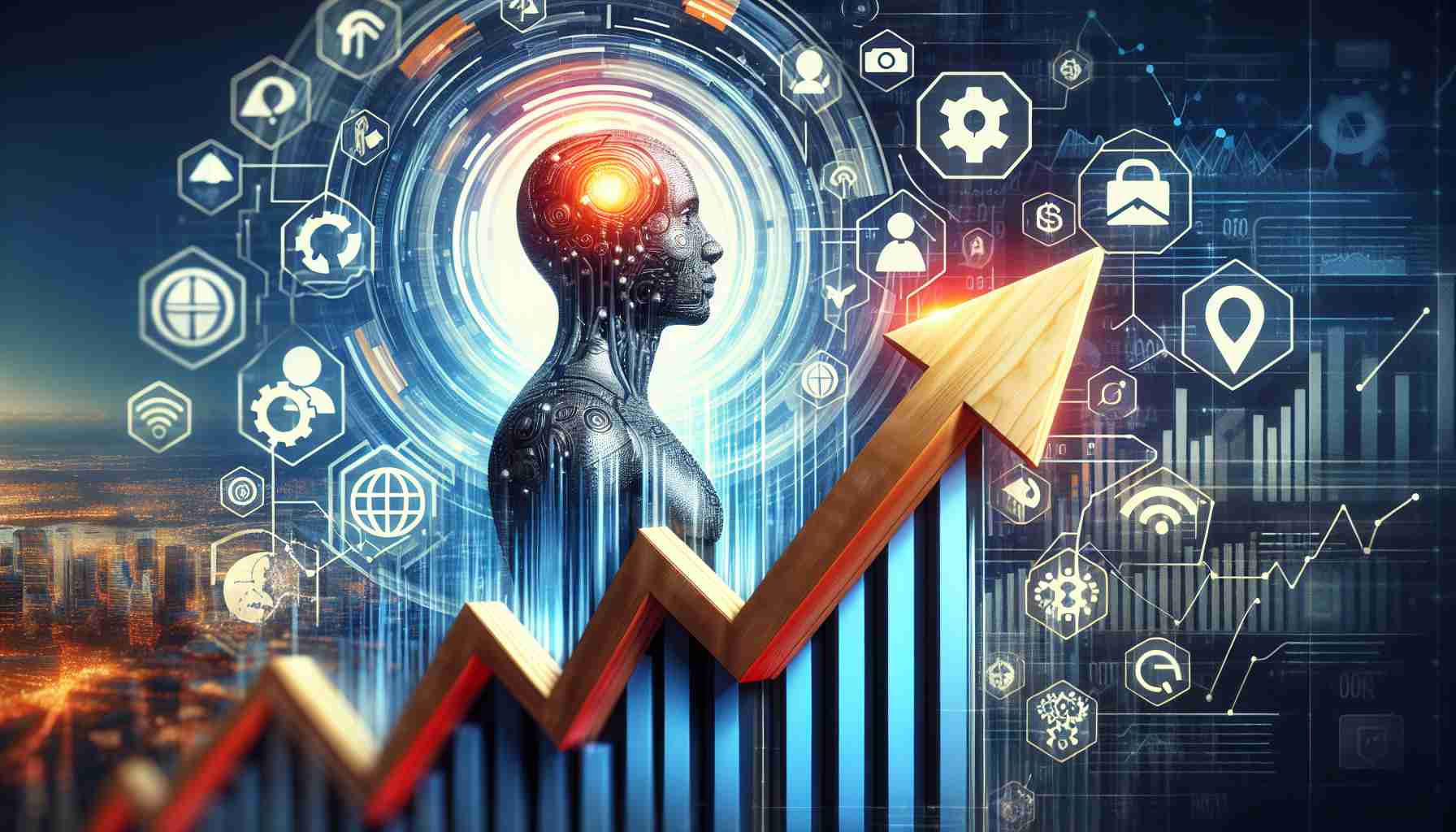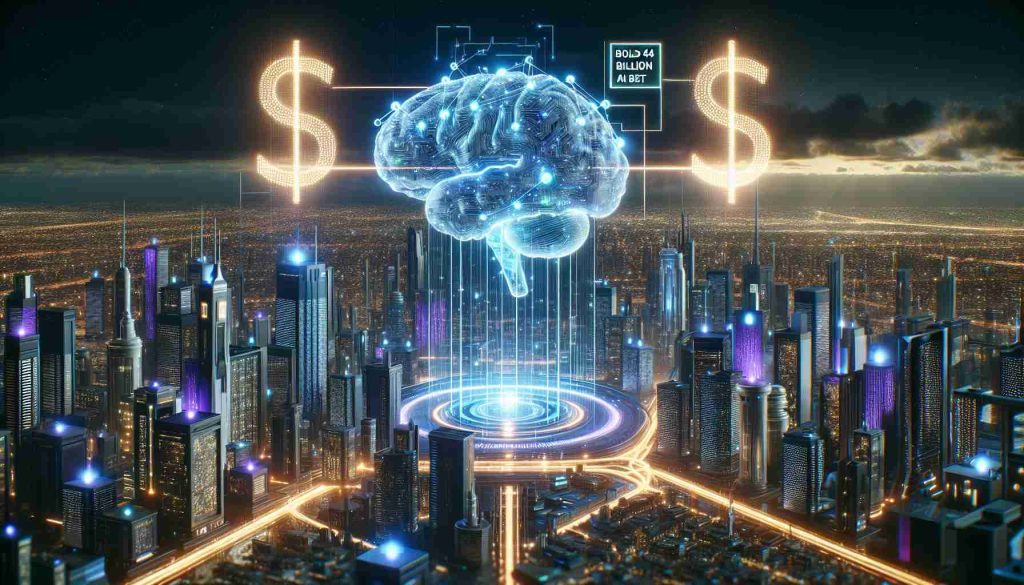In a significant development for the tech industry, Amazon.com has bolstered its investment in the artificial intelligence startup Anthropic with an impressive $4 billion, bringing its total support to $8 billion. This move underscores the growing focus of major technology firms on generative AI technologies.
Strategic Partnership Strengthens
While Amazon remains a minority shareholder, its cloud division, AWS, has been confirmed as Anthropic’s official cloud provider. This partnership highlights the strategic alignment between the companies and their shared focus on advancing AI capabilities.
In a collaborative effort, Anthropic is working closely with AWS’s Annapurna Labs on progressing future generations of Amazon’s Trainium chips. The plan includes using these cutting-edge chips to train Anthropic’s AI models, ensuring enhanced performance and innovation.
Regulatory Approval
The UK’s competition authority recently announced that Amazon’s collaboration with Anthropic does not require an in-depth investigation, as it does not fall within its regulatory scope. This decision clears the path for both companies to proceed with their partnership without additional scrutiny.
Founded by the dynamic sibling duo and former OpenAI executives, Dario and Daniela Amodei, Anthropic has also attracted investments from other industry giants. Previously, Alphabet pledged $500 million to support Anthropic, with a commitment for an additional $1.5 billion in the future.
This influx of substantial investments highlights the competitive race among tech titans to lead the next wave of AI advancements.
AI Revolution: The Untold Impacts of Amazon’s Investment in Anthropic
The recent infusion of $8 billion by Amazon into Anthropic sets the stage for a seismic shift in how artificial intelligence might weave deeper into the fabric of our daily lives, industries, and society at large. Beyond the immediate buzz about the partnership’s technical aspects lies a realm of potential impacts and controversies, revealing both hope and concern.
Pros and Cons of Technological Integration
Anthropic’s innovative AI models, powered by Amazon’s advancements, have the potential to revolutionize various sectors.
Advantages:
– Healthcare Transformation: AI-driven diagnostics and treatment suggestions could enhance patient care and reduce errors. Rapid analysis of medical data could lead to early detection of diseases, saving countless lives.
– Economic Boost: The creation of new AI-enabled industries and services could provide numerous job opportunities, spurring economic growth and innovation.
– Efficiency in Operations: Businesses might enjoy improved efficiencies in logistics, customer service, and operational management, significantly reducing costs.
Disadvantages:
– Job Displacement: The flip side of automation is the potential for significant job losses in certain sectors, leading to socioeconomic challenges for displaced workers.
– Data Privacy Concerns: As AI becomes more entrenched, the risk of data misuse or breaches increases, threatening personal privacy.
– Ethical Dilemmas: The opaque nature of AI decision-making processes raises ethical questions regarding accountability and transparency.
Controversies and Ethical Considerations
The rapid development of AI technologies is not without its critics. Concerns oscillate between the concentration of power among tech juggernauts and the potential misuse of AI. There’s a pressing need for robust regulation and ethical frameworks to ensure AI is used for the greater good.
Questions arise around the implications of AI in areas like law enforcement and surveillance. How do societies balance security with civil liberties? Can we trust machines to make unbiased decisions? These concerns necessitate a broader dialogue among technologists, ethicists, and the general public.
The Global Impact
The ripple effects of Amazon’s investment aren’t limited to Western tech hubs. Globally, countries could experience varying impacts:
– Developing Nations: A boost in AI technology can leapfrog certain infrastructure challenges, but might also exacerbate digital divides.
– Educational Shifts: As AI becomes ubiquitous, educational frameworks worldwide will need adaptation to equip the workforce with new skills.
In the wake of this significant partnership, communities and policymakers alike are called to harness the benefits while mitigating risks. The pace of AI development challenges existing frameworks, prompting urgent re-evaluations of legal, economic, and social paradigms.
Given the complex web of advantages and disadvantages, it remains essential for stakeholders to steer AI’s trajectory towards inclusivity and sustainability.
For further insights into the evolving role of AI in various sectors, explore TechCrunch, Wired, and The Verge. These platforms often provide cutting-edge analyses and comprehensive coverage of technological advancements and their broader implications.






















